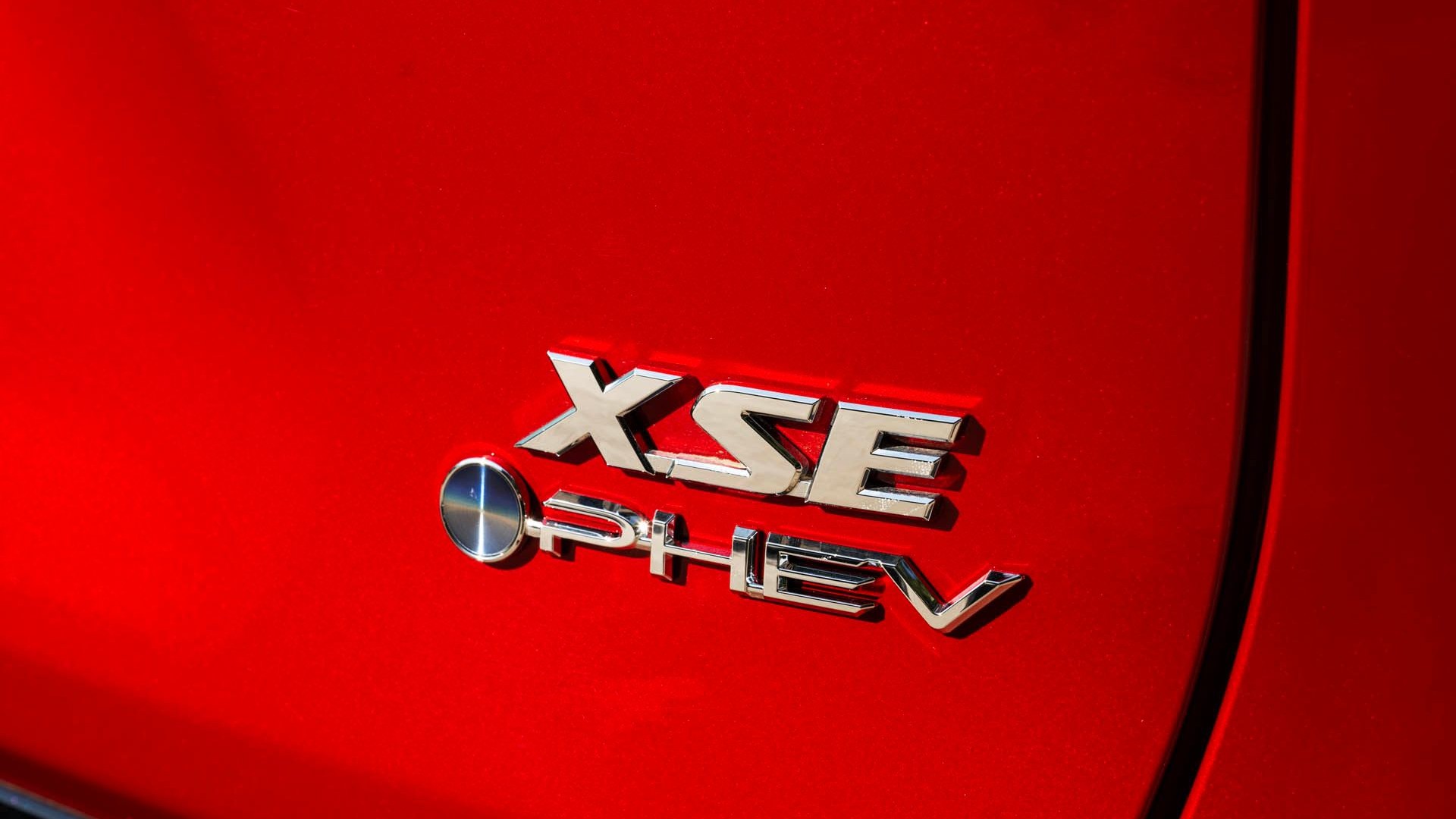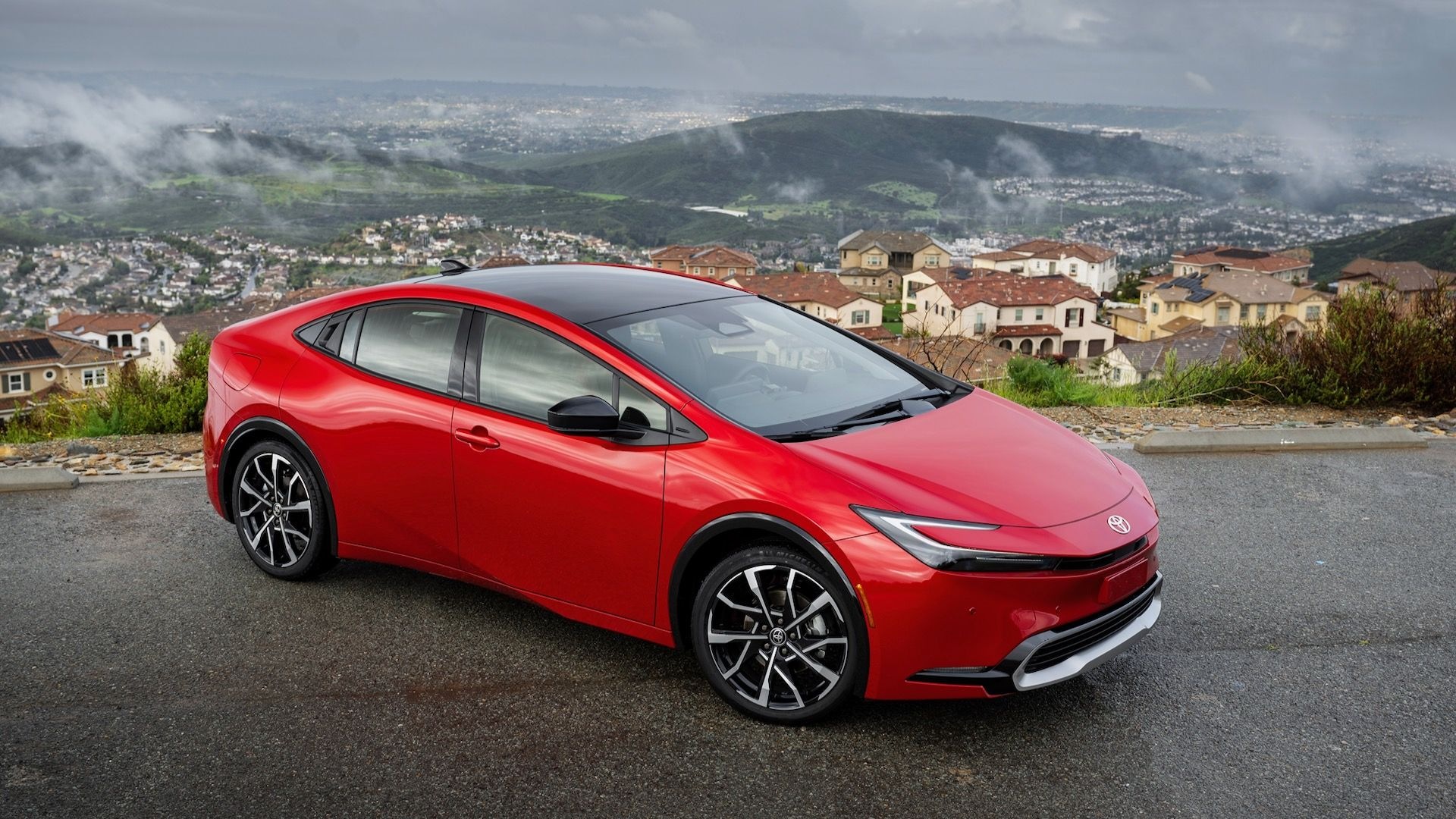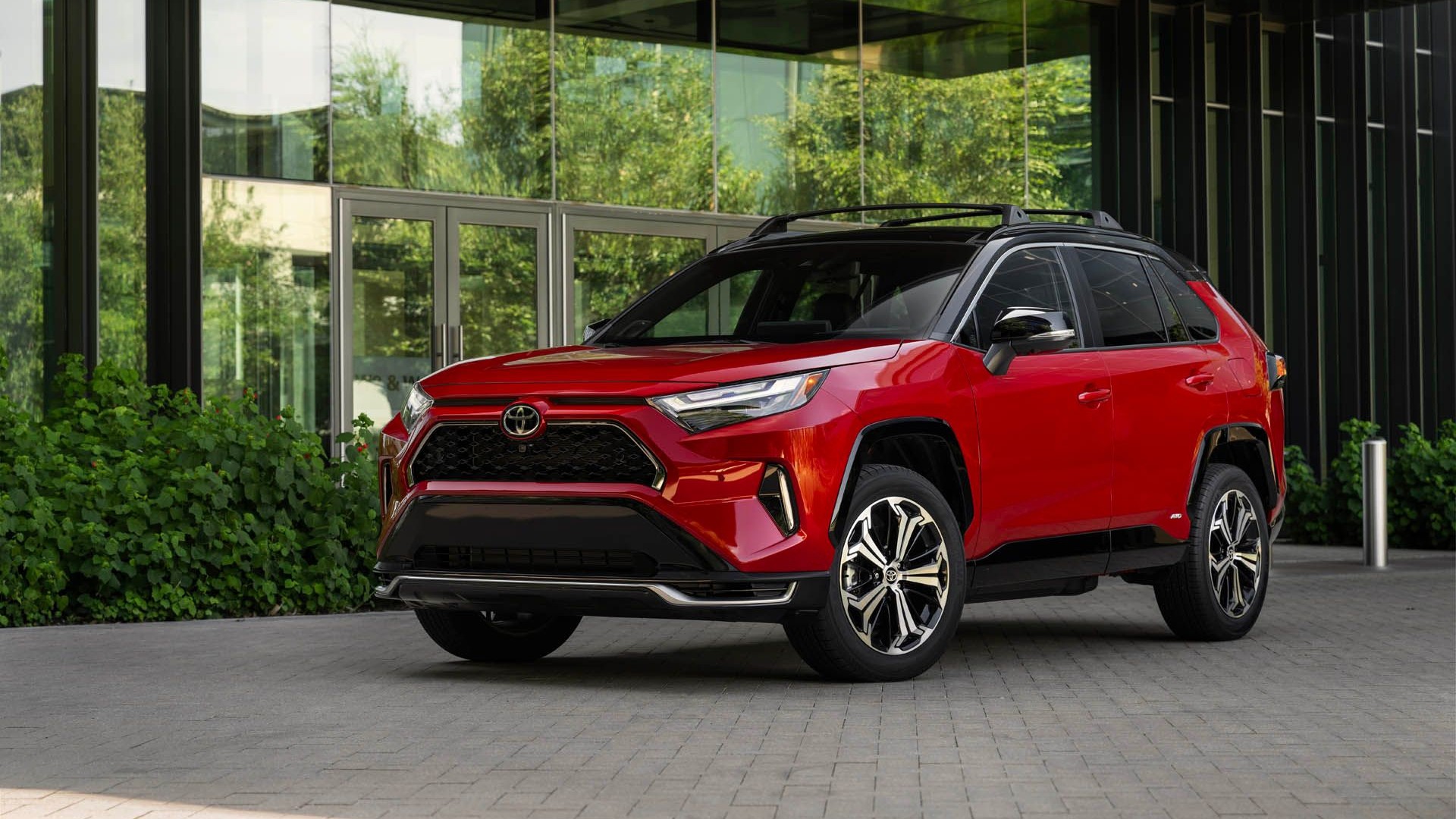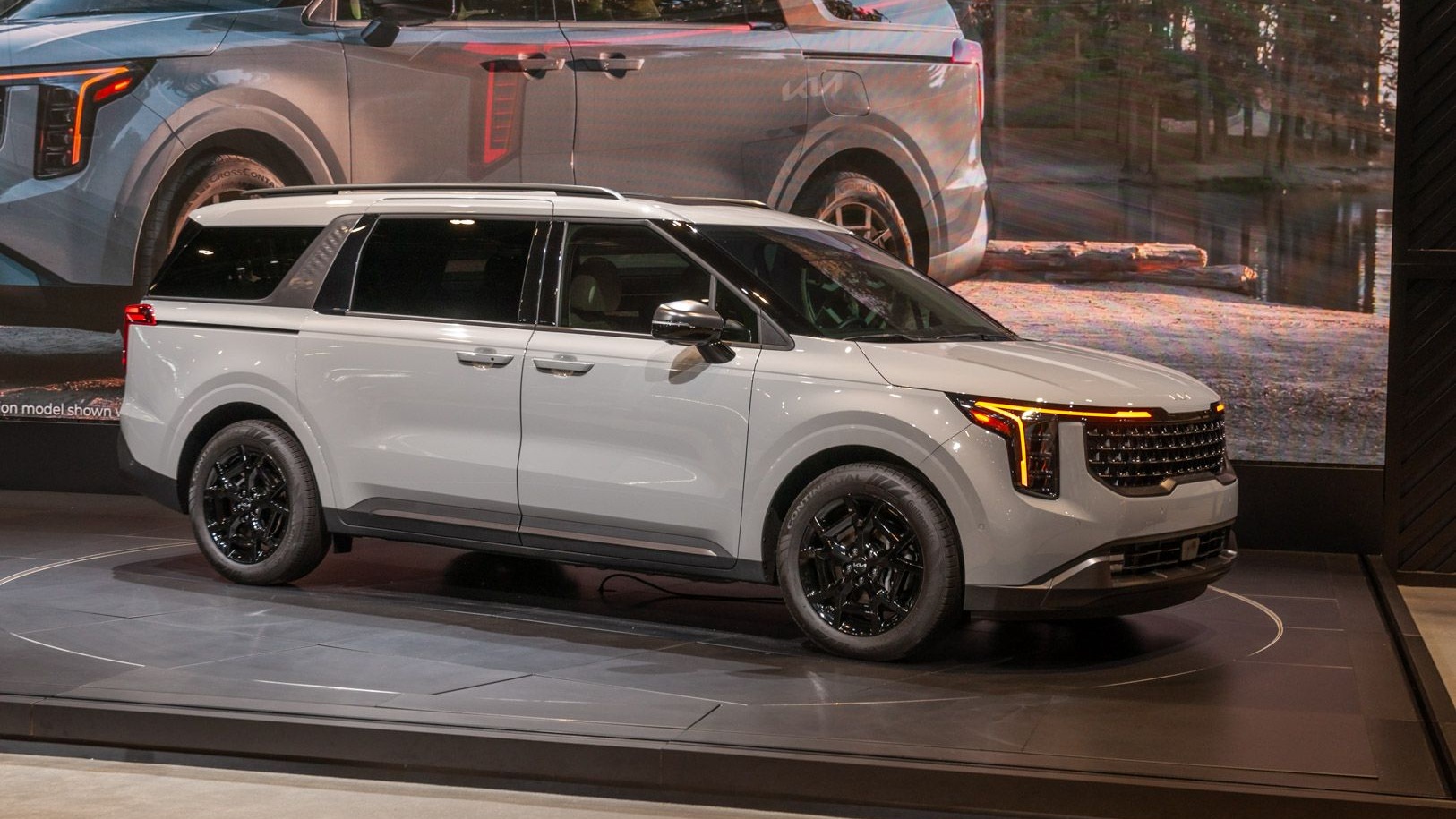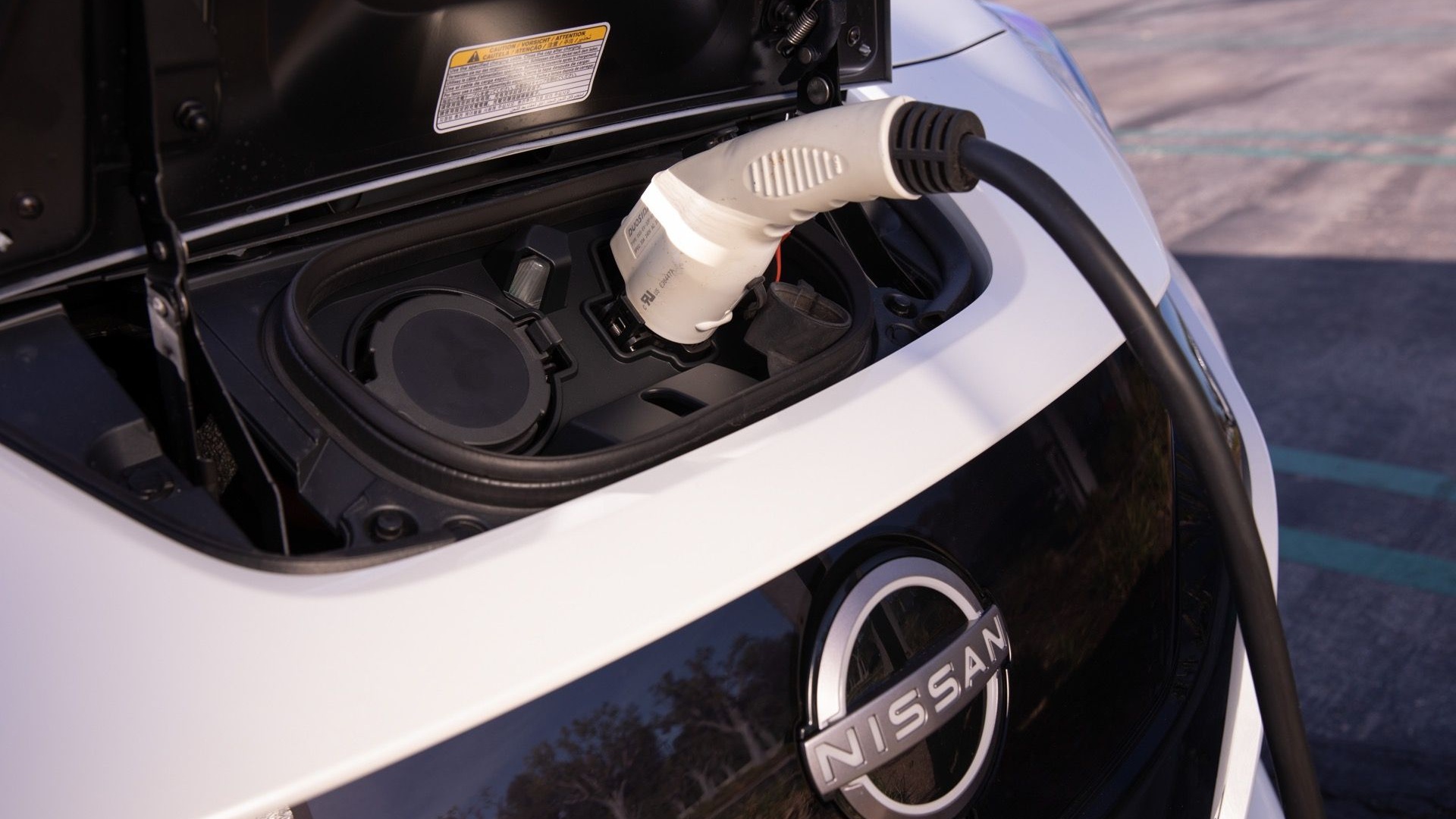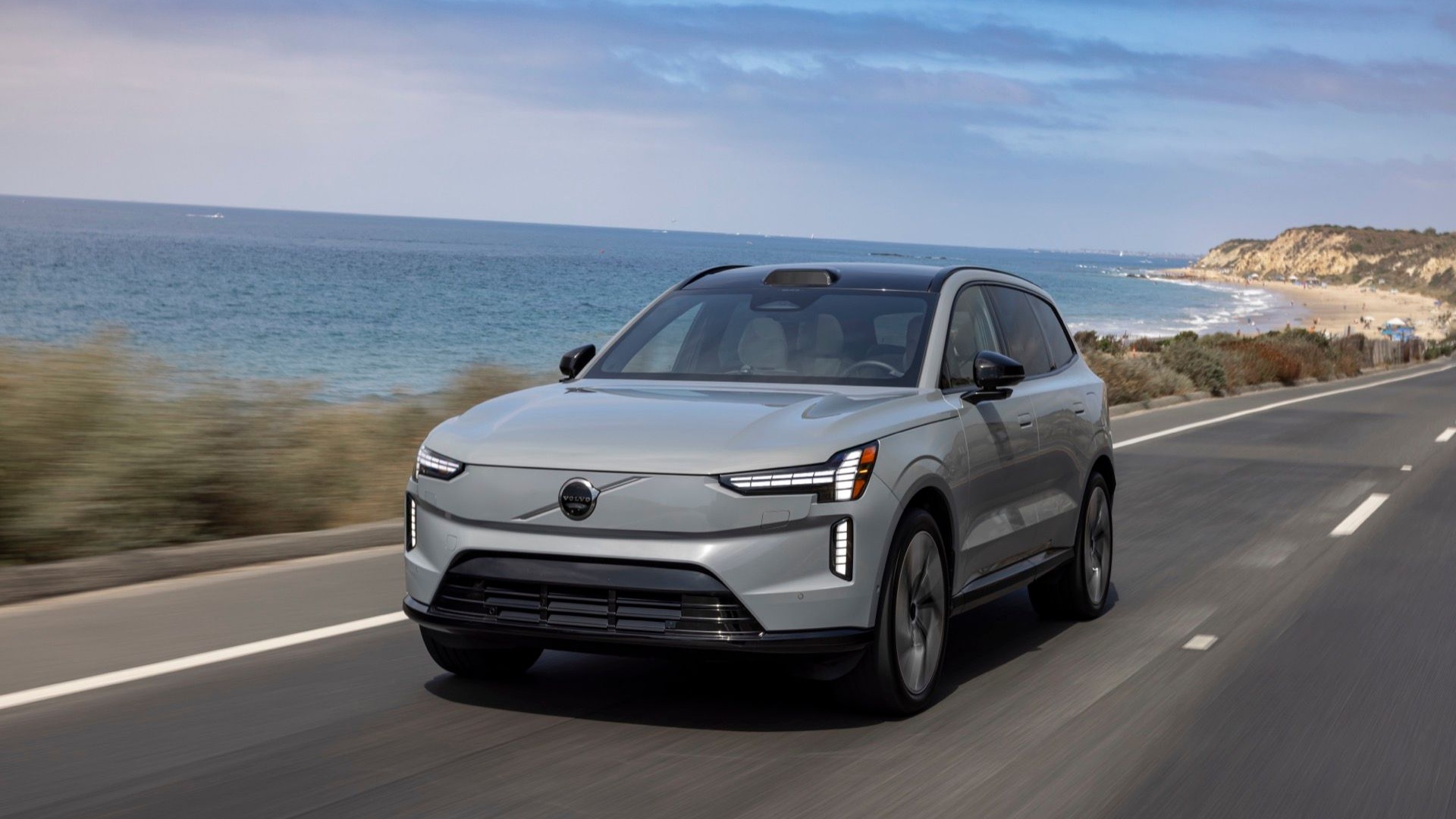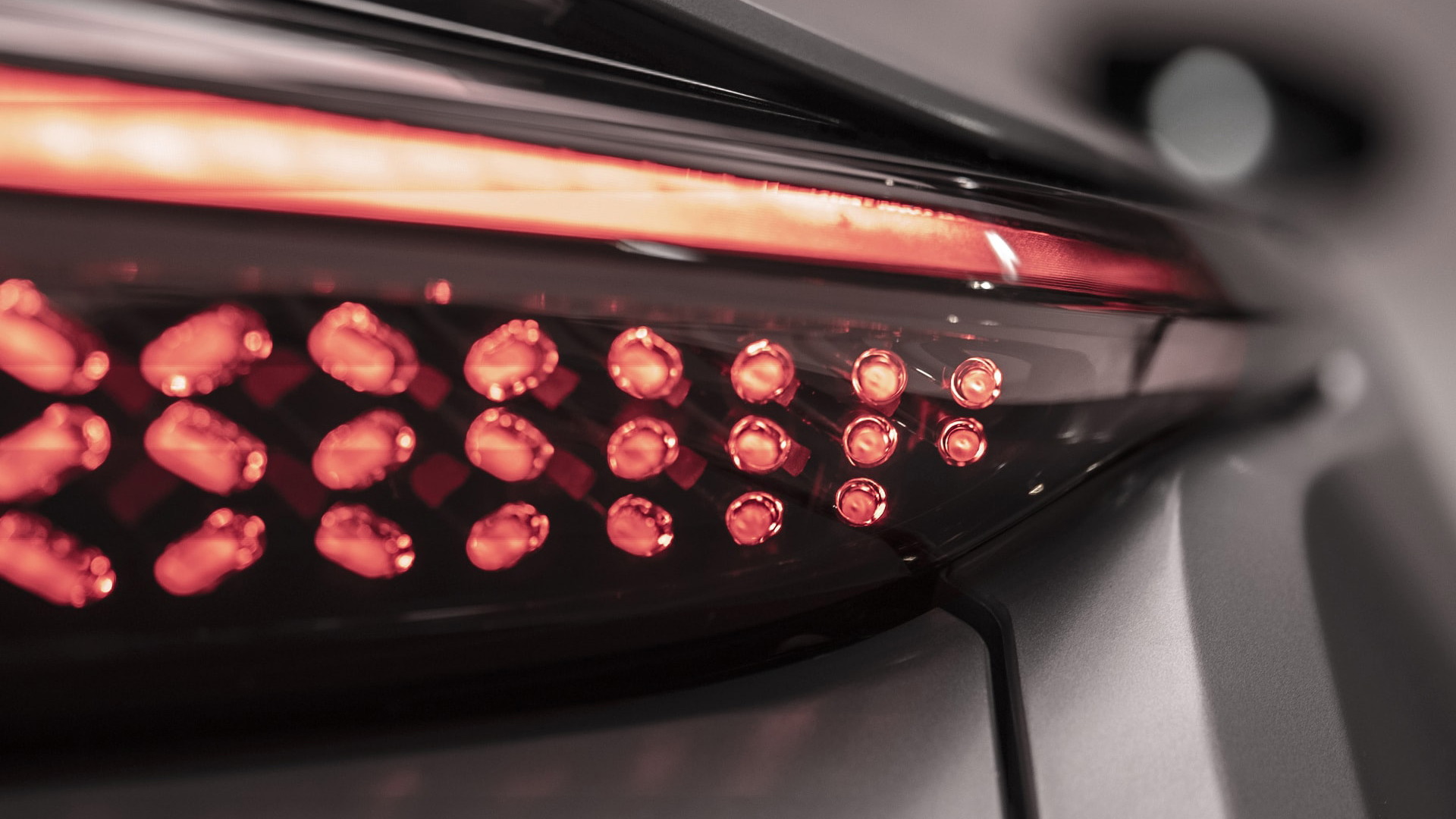- Data from Chargeway users will be used for Consumer Reports EV charging ratings
- The Chargeway app provides advanced route planning and more
- What Chargeway provides to CR will be anonymous by user
Consumer Reports hasn’t yet evaluated electric vehicle charging on anything like the scale the organization does when looking at the reliability of EVs. But with a series of partnerships announced Thursday, the consumer advocacy giant might be able to get a more comprehensive look at the reliability of public charging.
The effort, called the EV Charging Community, engages with a series of EV advocacy groups, including Plug In America, GreenLatinos, and Generation 180, plus via a technical partnership with Chargeway, one of the apps recommended by Green Car Reports for tapping into the route-planning smarts some EVs lack.
Chargeway calls itself a software company, and it's evolved to include a range of EV charging aspects, but it’s best known for the color-coded graphics it launched back in 2017 to help users identify EV chargers by output at a glance.
Under the new partnership, once a user reviews a charging station on the Chargeway app, the network, station location, and vehicle model charged will be sent to Consumer Reports, with the option to send advanced reporting info including power, arrival/departure state of charge percentage, and more. All this will be anonymized, as only the ratings, charging data, and feedback on a per-session basis will be shared with Consumer Reports, not the Chargeway users’ personalized data.
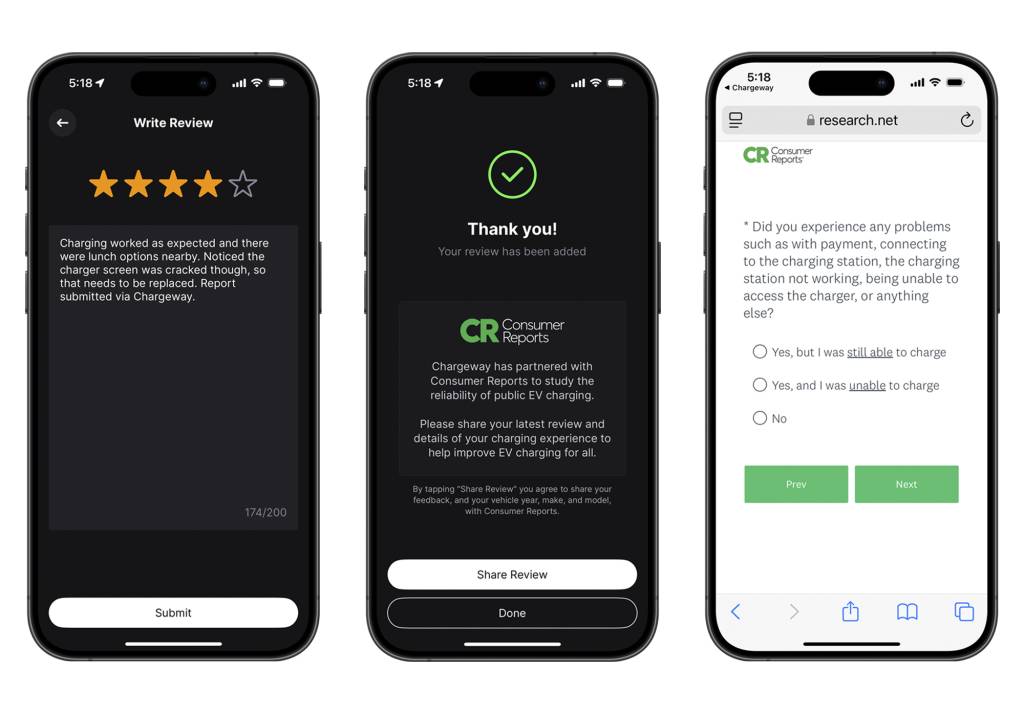
Chargeway partnership with Consumer Reports for charger reliability
According to Chargeway, data submitted through the app will then be used by Consumer Reports for “creating a rating and reporting system for public EV charging experiences to be shared with charging networks, automakers, policymakers, and the public. This will provide EV drivers a platform to improve public charging experiences and help create accountability throughout the industry.”
“Charging stations are critical services, but when they’re out of order or barely functional, it wastes consumers’ valuable time,” said Drew Toher, Consumer Reports' sustainability campaign manager.
CR says that it's already seen 27% of its 1,600 enrolled community members, in the early stages of this effort, have experienced a problem with public charging. As Consumer Reports pointed out, members of the public who don't use Chargeway can also enroll to be part of the community at this link.
“Now, instead of posting complaints on social media and feeling ignored, EV drivers can use the Chargeway mobile app to provide their feedback to the leading consumer advocacy organization,” said Chargeway founder Matt Teske, in a release about the partnership, adding that Chargeway shares CR’s goal “to give drivers a voice in the public EV charging reliability conversation.”
Individual EV drivers might have good reason to feel that’s been sorely missing, as failed charging attempts and bad experiences, responded to with token direct messages, often don’t appear to trigger repairs or resolution of issues.
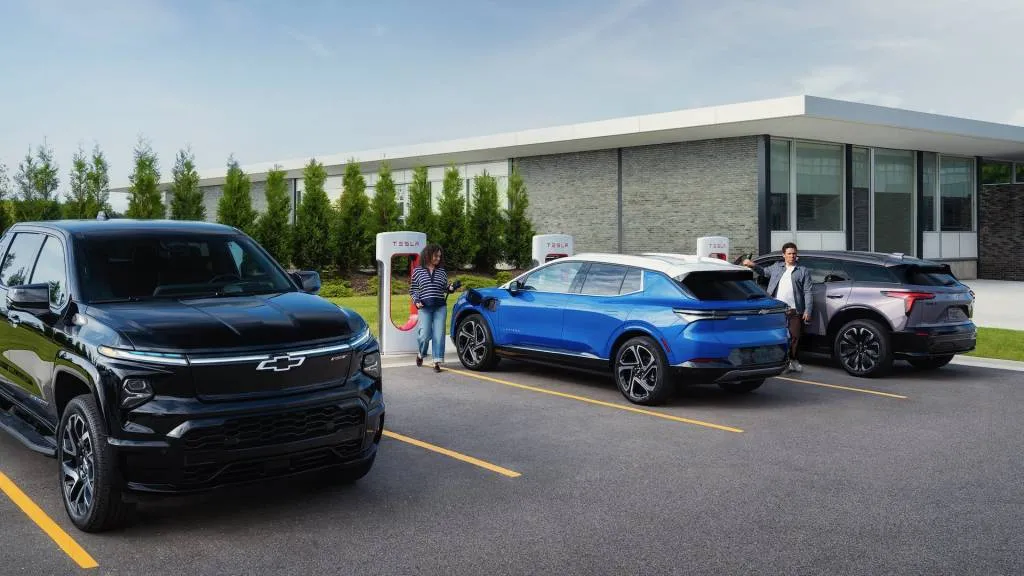
Chevrolet EVs at a Tesla Supercharger station
What’s more, hands-on equipment problems also appear to be a growing portion of issues. The ChargeX Consortium, created in 2023 by the federal government to help tackle EV charger reliability ahead of the rollout of $7.5 billion in charging infrastructure, reported last year that one of the issues was confusion over a lack of charger error code standardization across EV chargers. J.D. Power, in its most recent study of EV charging satisfaction, found it improved in interface aspects, although inoperable chargers still affected 61% of failed charging attempts.
The reporting feature has been added to updated versions of the Chargeway app available now for iOS and Android.




